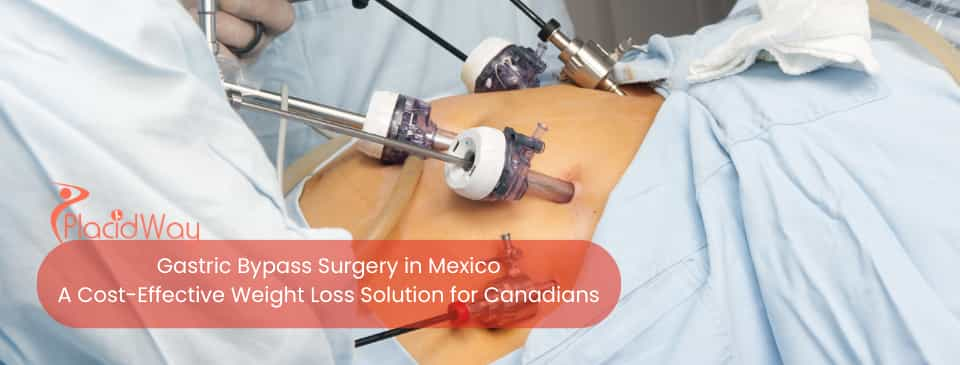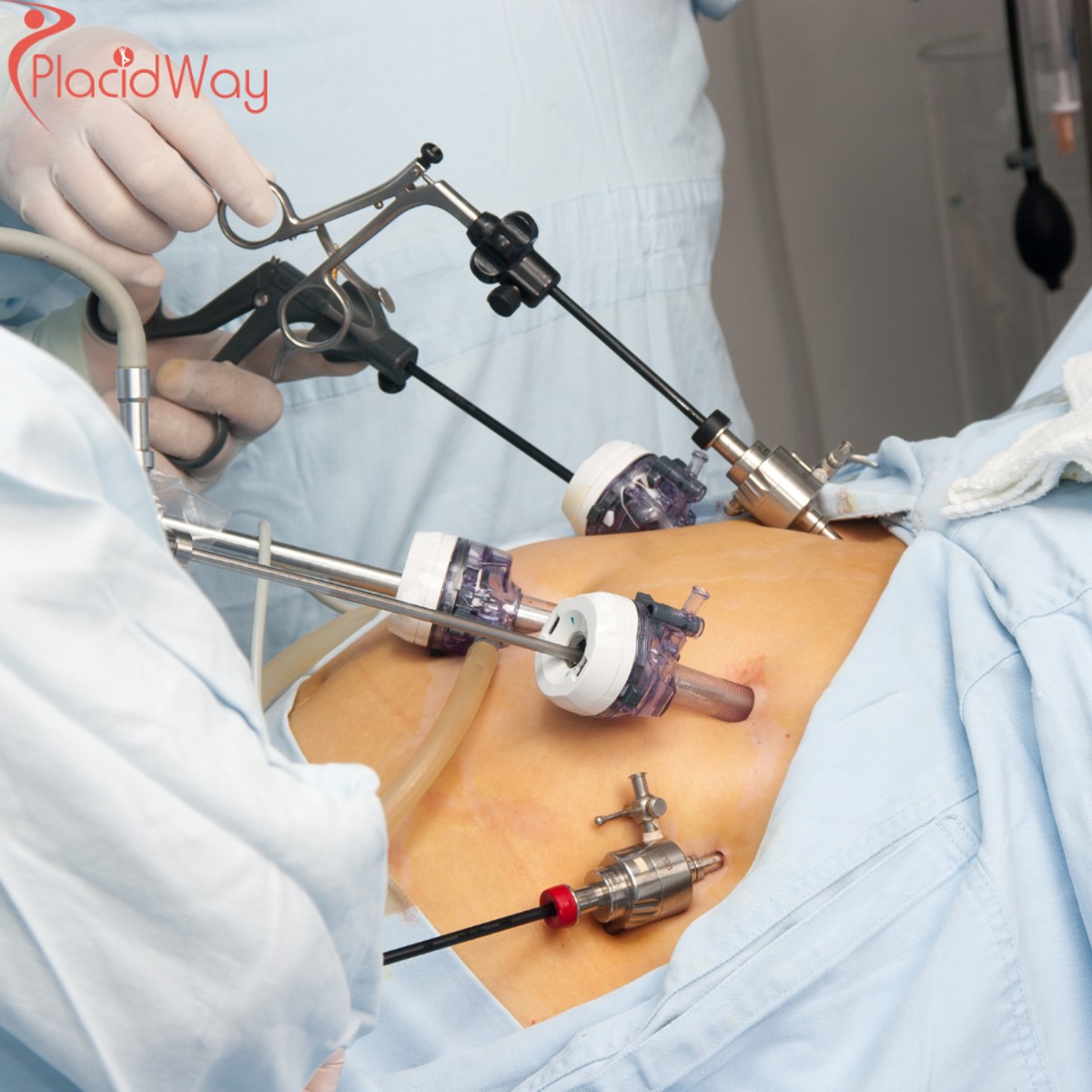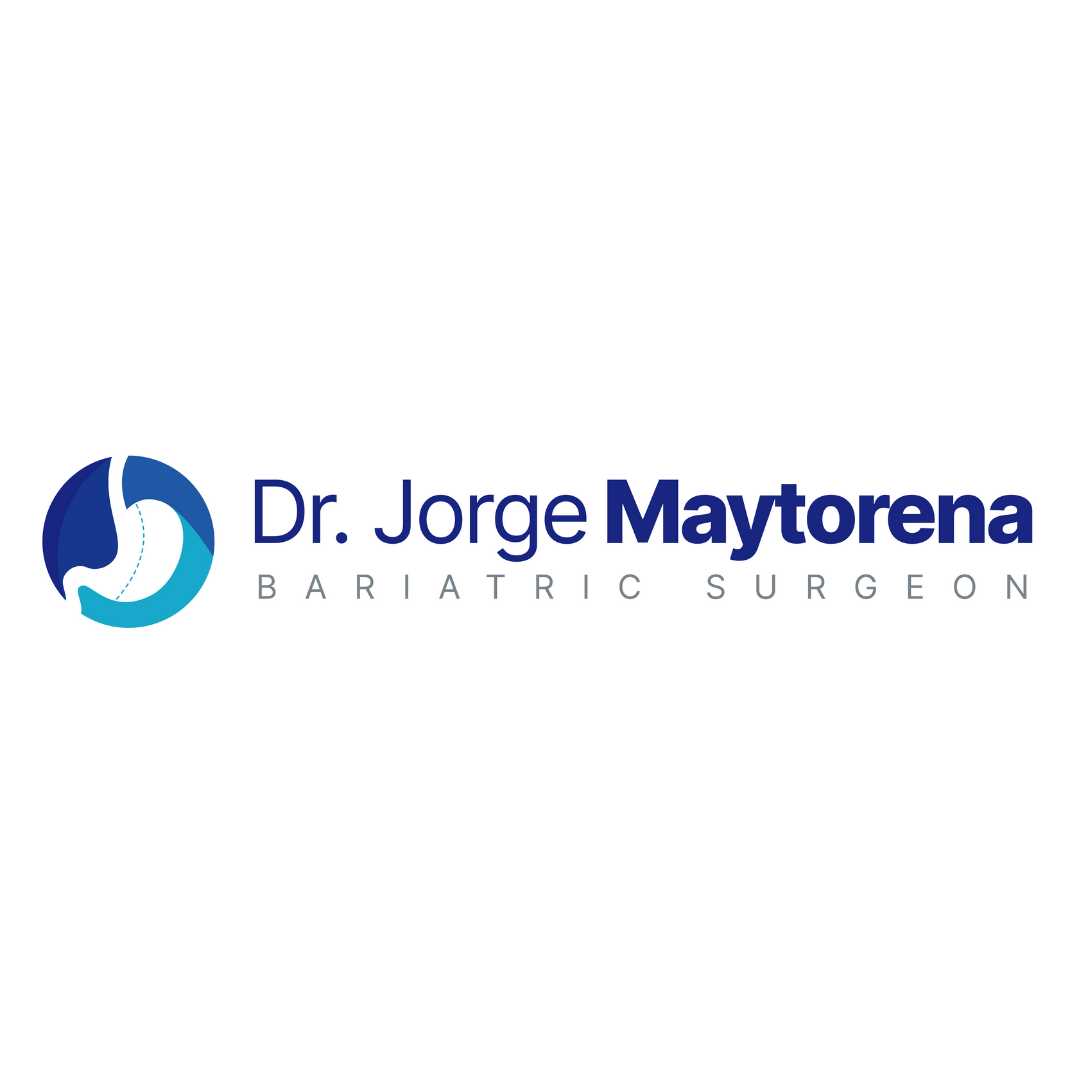
For many Canadians struggling with obesity, the path to significant and sustained weight loss can be fraught with long wait times and prohibitive costs. Gastric bypass surgery, a highly effective bariatric procedure, often remains out of reach within the Canadian healthcare system. This has led a growing number of individuals to explore medical tourism, with Mexico emerging as a leading destination for affordable, high-quality gastric bypass surgery. This comprehensive guide will delve into everything Canadians need to know about pursuing this life-changing procedure in Mexico.
Key Takeaways
-
Significant Cost Savings: Canadians can save between 40% and 70% on the cost of gastric bypass surgery by choosing to have the procedure in Mexico.
-
Reduced Wait Times: Unlike the lengthy delays often experienced in Canada, patients can typically schedule their surgery in Mexico within a few weeks.
-
High-Quality Care: Many Mexican hospitals and clinics that cater to medical tourists are internationally accredited and staffed by highly experienced, board-certified bariatric surgeons.
-
All-Inclusive Packages: Most medical tourism packages for gastric bypass in Mexico include the surgery, hospital stay, pre-operative tests, surgeon's fees, and often accommodation and ground transportation, providing a seamless experience.
-
Gastric Bypass Surgery Cost in Mexico: Approximately $5,000 - $8,500 USD
-
Gastric Bypass Surgery Cost in Canada (Private): Approximately $18,000 - $25,000 USD
Understanding Gastric Bypass Treatment
Gastric bypass, technically known as Roux-en-Y gastric bypass, is a weight-loss surgery that involves creating a small stomach pouch and rerouting the digestive system to bypass a large portion of the stomach and the initial segment of the small intestine. This dual-action approach restricts food intake and reduces the absorption of calories and nutrients, leading to significant weight loss.
The procedure is typically performed laparoscopically, a minimally invasive technique that uses several small incisions. This results in less pain, a shorter hospital stay, and a quicker recovery compared to traditional open surgery. The newly created stomach pouch is about the size of a walnut, holding only about an ounce of food. This drastically limits the amount of food a person can consume at one time. By bypassing a segment of the small intestine, the body absorbs fewer calories and nutrients, further contributing to weight loss.
Is Gastric Bypass in Mexico the Right Choice for You? Candidacy and Considerations
Determining your suitability for gastric bypass surgery is a critical first step. Generally, candidates have a high Body Mass Index (BMI) and may have obesity-related health conditions. A thorough evaluation by a qualified bariatric surgeon is essential to ensure the procedure is a safe and effective option for your individual circumstances.
Ideal candidates for gastric bypass surgery typically meet the following criteria:
-
A BMI of 40 or higher, or a BMI of 35 or higher with at least one serious obesity-related comorbidity.
-
A history of unsuccessful attempts at weight loss through diet and exercise.
-
A commitment to lifelong lifestyle changes, including dietary modifications and regular physical activity.
-
A comprehensive understanding of the procedure, including its risks and benefits.

Before making a decision, it's crucial to consider the realities of traveling for surgery. This includes researching the credentials of the surgeon and the accreditation of the medical facility, understanding the pre- and post-operative care requirements, and planning for the logistics of travel and recovery.
Did You Know?
Many bariatric surgeons in Mexico are members of international professional organizations, such as the American Society for Metabolic and Bariatric Surgery (ASMBS) and the International Federation for the Surgery of Obesity and Metabolic Disorders (IFSO).
A Look at the Cost: Mexico vs. Canada
The most significant driver for Canadians seeking gastric bypass surgery in Mexico is the dramatic cost difference. While the price of private surgery in Canada can be exorbitant, Mexico offers a much more accessible alternative without compromising on the quality of care.
The substantial savings in Mexico are primarily due to lower overhead costs, including administrative expenses, and the competitive nature of the medical tourism market. The following table provides a general comparison of the costs you can expect.
The Gastric Bypass Procedure: What to Expect Step-by-Step
The gastric bypass procedure is a well-established surgical technique that typically takes a few hours to complete under general anesthesia. Understanding the surgical process can help alleviate anxiety and prepare you for the journey ahead.
-
Preparation: In the weeks leading up to surgery, you will be required to follow a specific pre-operative diet to shrink your liver and reduce abdominal fat, making the surgery safer. You will also undergo a series of medical evaluations.
-
Anesthesia: On the day of the surgery, you will be placed under general anesthesia to ensure you are comfortable and asleep throughout the procedure.
-
Laparoscopic Incisions: The surgeon will make several small incisions in your abdomen to insert a laparoscope (a thin tube with a camera) and specialized surgical instruments.
-
Creating the Pouch: The top portion of the stomach is stapled to create a small pouch, separating it from the rest of the stomach.
-
Rerouting the Intestine: The small intestine is divided, and the lower section is brought up and connected to the newly created stomach pouch. The upper section of the small intestine is then reconnected further down, creating a "Y" shape.
-
Closing: The incisions are closed with sutures or surgical staples.
Navigating the Recovery Process
Your recovery after gastric bypass surgery is a gradual process that requires patience and strict adherence to your surgeon's instructions. The initial weeks will involve a specific dietary progression to allow your new digestive system to heal.
The typical recovery timeline is as follows:
-
Hospital Stay: You can expect to stay in the hospital for 2 to 3 days for monitoring.
-
First Few Weeks: You will begin with a clear liquid diet, gradually advancing to pureed foods, and then soft foods over several weeks.
-
Returning to Normal Activities: Most patients can return to non-strenuous work and light activities within 2 to 4 weeks.
-
Long-Term Diet: You will need to follow a lifelong diet that is high in protein and low in fat and sugar. Vitamin and mineral supplementation is crucial to prevent nutritional deficiencies.
Potential Risks and How They Are Managed
Like any major surgery, gastric bypass carries potential risks and complications. Choosing a highly experienced surgeon and a reputable facility significantly minimizes these risks. It's important to be aware of the potential issues and discuss them thoroughly with your surgeon.
Some of the potential short-term risks include:
-
Infection
-
Blood clots
-
Bleeding
-
Anastomotic leaks (leaks at the staple lines)
Long-term potential complications can include:
-
Dumping syndrome: This occurs when food moves too quickly from the stomach to the small intestine, causing nausea, vomiting, dizziness, and diarrhea.
-
Nutritional deficiencies: Lifelong vitamin and mineral supplements are necessary to prevent deficiencies in iron, calcium, vitamin B12, and other essential nutrients.
-
Gallstones
-
Hernias
Your surgical team in Mexico will have protocols in place to prevent and manage these complications, including pre-operative screening, meticulous surgical technique, and comprehensive post-operative monitoring.
Expert Insight
"The success of gastric bypass surgery extends far beyond the operating room. A patient's commitment to long-term follow-up care, including nutritional counseling and support groups, is paramount to achieving and maintaining significant weight loss and overall health improvement."
Preparing for Your Journey to Mexico
Thorough preparation is key to a smooth and successful medical journey. From gathering medical records to arranging travel logistics, planning ahead will ensure you are well-prepared for your gastric bypass surgery in Mexico.
Here is a checklist to guide your preparations:
-
Consultation and Medical Records: Have a virtual consultation with your chosen surgeon in Mexico. You will need to provide your complete medical history and may need to undergo some preliminary tests in Canada.
-
Travel Arrangements: Book your flights and arrange for your accommodation. Many medical tourism packages include airport transfers and hotel stays.
-
Pre-operative Diet: Strictly follow the pre-operative diet prescribed by your surgeon.
-
Pack Accordingly: Pack comfortable, loose-fitting clothing, any necessary medications, and a copy of your medical records.
-
Arrange for a Companion: It is highly recommended to travel with a companion who can provide support during your recovery.
Life After Gastric Bypass: Embracing a New, Healthier You
Gastric bypass surgery is a powerful tool for weight loss, but it is not a magic wand. Long-term success hinges on your dedication to a new, healthier lifestyle. This includes making permanent changes to your diet and incorporating regular exercise into your routine.
After surgery, you will work closely with a nutritionist to develop a sustainable eating plan. The focus will be on high-protein, nutrient-dense foods. You will also need to engage in regular physical activity to maximize weight loss and improve your overall health. Support groups, either online or in-person, can be invaluable for sharing experiences and staying motivated.
Frequently Asked Questions (FAQ)
Is it safe to have gastric bypass surgery in Mexico?
Yes, it can be very safe, provided you do thorough research. Choose a reputable hospital or clinic with international accreditation, and a board-certified bariatric surgeon with extensive experience. Many facilities in Mexico that cater to medical tourists have state-of-the-art equipment and adhere to the same high standards as Canadian hospitals.
How much weight can I expect to lose?
On average, patients can expect to lose 60-80% of their excess body weight within the first 12 to 18 months after surgery. Individual results will vary based on factors like starting weight, adherence to post-operative guidelines, and overall health.
Can I use my Canadian health insurance in Mexico?
Generally, Canadian provincial health insurance plans do not cover the cost of elective surgery performed outside of Canada. However, some private insurance plans may offer partial coverage. It is best to check directly with your insurance provider.
Ready to explore how gastric bypass surgery in Mexico can transform your life? PlacidWay is a leading medical tourism company dedicated to connecting patients with world-class, affordable healthcare solutions. We can help you find a qualified surgeon, compare all-inclusive packages, and navigate every step of your journey with confidence.




.png)


.png)









Share this listing